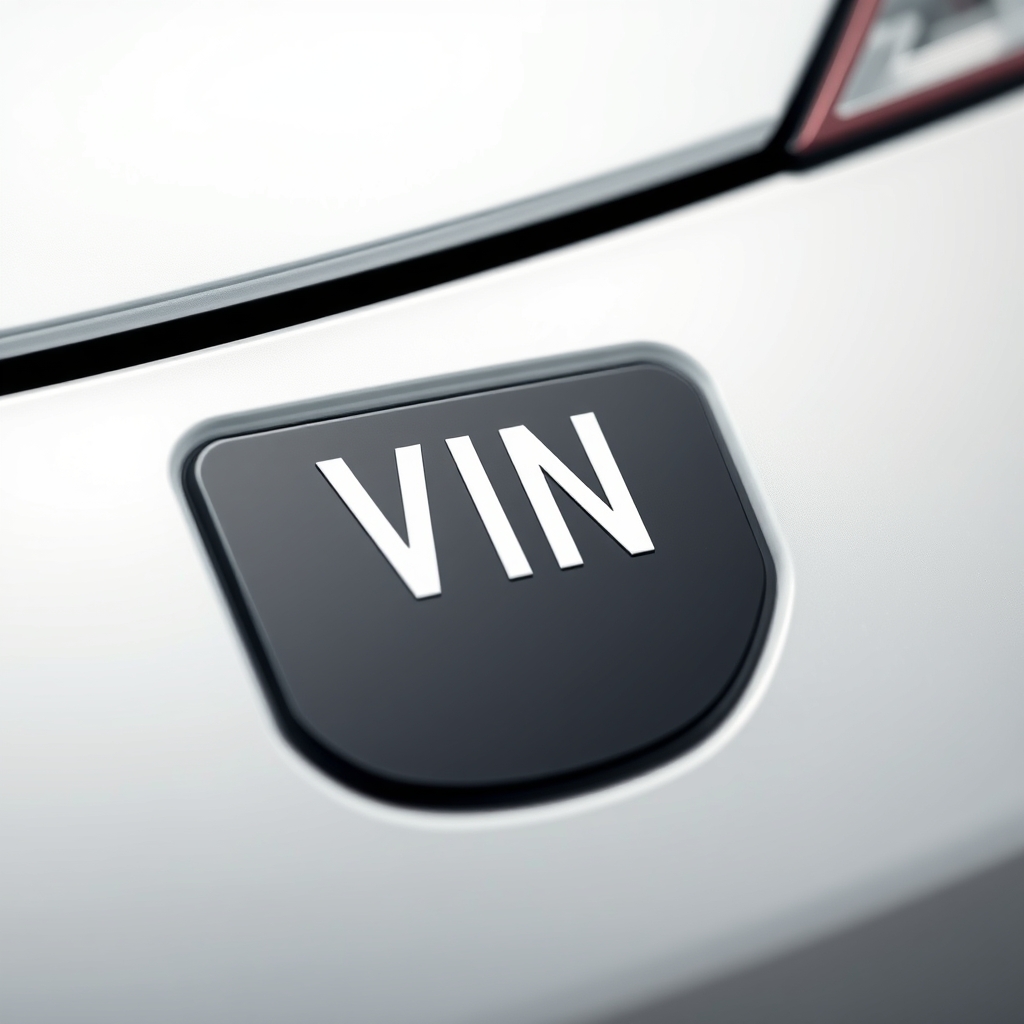Honda VIN Decoder API vs VIN Decoder API: What to Choose?

When it comes to decoding Vehicle Identification Numbers (VINs), developers have a variety of APIs at their disposal. Two prominent options are the Honda VIN Decoder API and the VIN Decoder API. Both APIs serve the purpose of providing detailed information about vehicles based on their VINs, but they differ in features, capabilities, and use cases. In this blog post, we will delve into a comprehensive comparison of these two APIs, exploring their functionalities, performance, and ideal use cases to help you make an informed decision.
Overview of Both APIs
The Honda VIN Decoder API is specifically tailored for Honda vehicles, allowing developers to unlock a wealth of information related to Honda's manufacturing specifics, technical details, recall history, and ownership lineage. This API is particularly beneficial for automotive marketplaces, dealerships, and service centers looking to enhance user interactions and streamline workflows.
On the other hand, the VIN Decoder API is a more generalized tool that can decode VINs from various manufacturers worldwide. It provides comprehensive details about a vehicle's make, model, year, and features, making it suitable for a broader range of applications, including vehicle verification and research on automotive trends.
Side-by-Side Feature Comparison
Honda VIN Decoder API Features
The Honda VIN Decoder API offers several key features:
- Vin Decoder: This feature allows developers to pass a VIN number and receive detailed information related to that vehicle. For example, when a user inputs a VIN, the API returns data such as the manufacturer, model, year, and more.
- VIN Decoder Lite: This endpoint requires a VIN to be specified in the parameter. It provides essential vehicle identification information, making it suitable for quick lookups.
VIN Decoder API Features
The VIN Decoder API includes the following features:
- USA VIN Decoder: This feature allows users to pass a VIN number and receive extensive information about the vehicle, including its model, maker, year, engine, and additional features like air conditioning and airbags.
- Europe VIN Decoder: This feature enables users to pass any VIN number from Europe and receive detailed information related to that vehicle.
- World VIN Decoder: This feature allows users to pass any VIN from any manufacturer around the world and receive relevant data about that vehicle.
- VIN Decoder Lite: Similar to the Honda API, this endpoint requires a VIN to be specified and provides essential vehicle identification information.
Example Use Cases for Each API
Honda VIN Decoder API Use Cases
The Honda VIN Decoder API is ideal for:
- Automotive Marketplaces: Enhance vehicle listings by providing potential buyers with detailed information about Honda vehicles.
- Dealerships: Streamline the sales process by quickly retrieving vehicle history and specifications for Honda cars.
- Service Centers: Access recall information and technical specifications to ensure compliance and safety during vehicle servicing.
VIN Decoder API Use Cases
The VIN Decoder API is suitable for a wider range of applications:
- Car Dealerships: Quickly verify vehicle details for various makes and models, improving the efficiency of sales processes.
- Insurance Companies: Use the API to assess vehicle specifications and history for accurate insurance quotes.
- Research Institutions: Conduct studies on automotive trends by analyzing data retrieved from various manufacturers.
Performance and Scalability Analysis
Both APIs are designed to handle a significant volume of requests, making them suitable for applications that require real-time data retrieval. The Honda VIN Decoder API focuses on Honda vehicles, ensuring that the data returned is highly relevant and accurate for that specific brand. In contrast, the VIN Decoder API's broader scope allows it to cater to a diverse range of vehicles, making it a versatile choice for applications that require information from multiple manufacturers.
Pros and Cons of Each API
Honda VIN Decoder API
Pros:
- Specialized for Honda vehicles, providing highly relevant data.
- Comprehensive historical data retrieval, including recall information.
- Seamless integration for automotive marketplaces and service centers.
Cons:
- Limited to Honda vehicles, which may not suit applications requiring data from multiple manufacturers.
VIN Decoder API
Pros:
- Covers a wide range of manufacturers, making it versatile for various applications.
- Provides extensive vehicle details, including specifications and features.
Cons:
- Data may not be as detailed for specific brands compared to specialized APIs.
Final Recommendation
Choosing between the Honda VIN Decoder API and the VIN Decoder API ultimately depends on your specific needs:
- If your application focuses exclusively on Honda vehicles, the Honda VIN Decoder API is the best choice due to its specialized data and features.
- If you require a more versatile solution that can handle VINs from various manufacturers, the VIN Decoder API is the better option, providing comprehensive vehicle information across a broader spectrum.
In conclusion, both APIs offer valuable functionalities for decoding VINs, but their suitability varies based on the specific requirements of your application. By understanding the strengths and weaknesses of each API, you can make an informed decision that aligns with your development goals.
Want to try the Honda VIN Decoder API? Check out the API documentation to get started.
Want to use the VIN Decoder API in production? Visit the developer docs for complete API reference.





